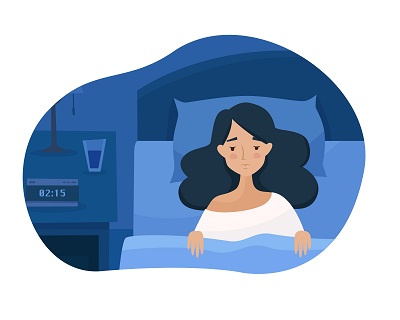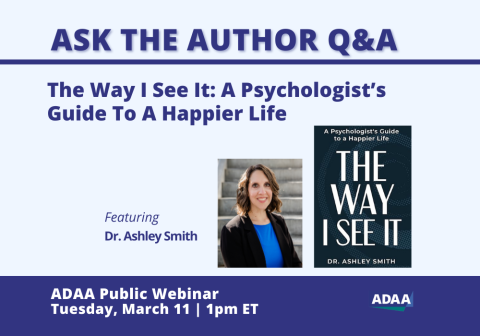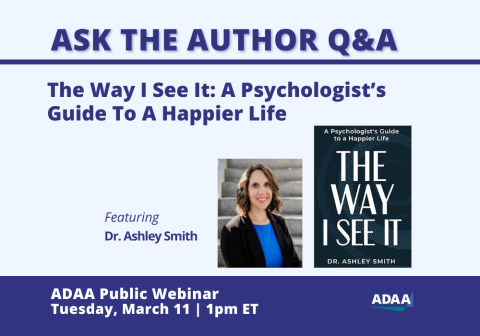Stress Less, Sleep More
Stress Less, Sleep More

If you find that you’re not sleeping enough—you’re not alone. According to the Center for Disease Control (CDC), about 35% of American adults skimp on sleep; and this rate is even higher in African Americans and other minority groups. This is an important public health concern because getting a good night’s rest is essential for physical and mental wellbeing.
There are many factors that can interfere with our ability to fall and stay asleep, but stress is a big culprit. When stress is moderate and short term, it can be beneficial. It can motivate us to work harder, increase our focus, and improve our performance. However, when stress is traumatic or chronic, it can have the opposite effect and lead to lasting health problems.
Typically, when we experience a stressor, cortisol and other stress hormones are released into the body. These hormones create a burst of energy that prepares the body to fight or flee from a dangerous situation. Once the stressor has passed, theses hormones subside, and the body begins to relax again.
The body’s response to a stressor is a basic survival mechanism. It’s completely normal to have trouble falling asleep during periods of stress. You wouldn’t last very long in the jungle if you dozed off with a pride of lions nearby. However, many of the stressors we face today, such as financial problems, relationship conflicts, or even the ‘fear of the unknown’ can trigger this same fight-or-flight response. Overtime this can keep you on high alert and interfere with your sleep quality.
Now if that wasn’t enough, here’s the kicker—a lack of sleep can also worsen your stress. The science tells us that after a night of poor sleep, people report higher ratings of tension, stress, and anxiety. But fear not, there are several behaviors backed by sleep science that can help you break free from the stress-sleep cycle.
- Exercise regularly: Engage in some morning or early afternoon exercise. Physical activity increases the brain's feel-good neurotransmitters (called endorphins) and reduces the body's stress hormones (like cortisol), which can help you feel less stressed and fall asleep more easily.
- Eliminate nicotine: Eliminate nicotine four hours before bedtime. Nicotine stimulates the body and can make it harder to fall and stay asleep. Among people with insomnia, evening nicotine intake was linked to a 43-minute reduction in sleep throughout the night.
- Reduce alcohol intake: Be mindful of your alcohol intake. Alcohol may help you fall asleep, but it can also impair your body's ability to breathe while sleeping. This can result in a restless sleep and excessive sleepiness the following day.
- Limit screen use: Stay away from screens and other sources of bright light two hours before bedtime. Bright light decreases the brain’s sleep-wake hormone (called melatonin), which can make it harder for you to fall and stay asleep.
- Cool off: Take a cool bath or shower before bedtime. Make sure your bedroom is dark, quiet, and cool (around 60 to 67 °F). The decline in body temperature can assist with falling and staying asleep.
- Practice mindfulness: Practice mindfulness meditation for 10 to 30 minutes before bedtime. Mindfulness meditation can help you become more aware of sleep-interfering thoughts, feelings, and sensations—and help you learn to let go of them instead of ruminate on them.
- Practice loving-kindness: Practice loving-kindness meditation for 5 minutes before bedtime. This practice can help you accept and release any judgement, resentment, or anger towards self or others that might be keeping you awake at night.
- Practice progressive muscle relaxation: Practice 10 to 20 minutes of progressive muscle relaxation while lying in bed before going to sleep. The mind-body are connected, so when you relax the tension in the body it sends signals of calm that help reduce mental tension.
- Don’t force sleep: Try to let go of the need to fall asleep. The more you try to force it, the more it won’t happen. If you lie awake in bed for more than 30 minutes, get out of bed and do something relaxing. When you start to feel sleepy again, return to bed, and repeat as needed.
- See a healthcare provider: If you find that none of these suggestions are working for you, it may be time to discuss your sleep issues with a healthcare provider. You may require sleep testing to help diagnose an underlying condition to improve your overall health.

















